Celebrate World Salmon Day and eat more Omega-3 rich Tassal Salmon
Friday October 8th is World Salmon Day, a day dedicated to celebrating the nutritional superfood that is Atlantic Salmon and an opportunity to remind Aussies that many of us will benefit from eating more of this delicious, nutrient rich fish.
As one of the richest natural sources of Omega-3 fat, the type of fat associated with a myriad of health benefits, Atlantic salmon features frequently in the diets of some of the healthiest countries around the world, as well as in therapeutic diets utilised in research studies examining mental health, mood, longevity and disease risk. Despite knowing how beneficial foods rich in Omega-3’s like Atlantic salmon are for us, Australian’s are still eating nowhere near enough, with fewer than 10% of Australian’s getting their daily recommended intake of these important fats.
So, if you do not routinely include Omega-3 rich foods like Atlantic salmon in your diet at least 2-3 x each week, here are some of the many reasons to eat a whole lot more of this superfood.
Atlantic salmon is one of the richest sources of Omega-3’s.
A single, 100g serve of Atlantic salmon gives you almost 1g of the long chain fats, DHA and EPA, which can only be found in a handful of foods, and the fats associated with a range of health benefits. This means that as soon as you have enjoyed a small serve of fresh, tinned or smoked salmon, you have ticked the box on your entire daily requirement for Omega-3’s.
Atlantic salmon is especially rich in Omega-3, a natural anti-inflammatory.
Western diets are generally ‘pro-inflammatory’, thanks to the significant amounts of processed vegetable oils consumed via snack foods, fast food, take away food and processed foods. Often these foods are made with blended vegetable oils, which are high in Omega-6 fats, the fats in which a high intake is associated with inflammation in the body. To support good health, it is important that we work to reduce our intake of processed foods and as such our intake of Omega-6 rich fat. In addition, increasing our daily intake of Omega-3’s will help to improve the balance of fats in the body, which naturally works to reduce inflammation in the body. Chronic inflammation is associated with an increased risk of developing a number of lifestyle diseases including diabetes and heart disease.
Omega-3 rich foods like Atlantic salmon are associated with mood and mental health benefits.
Studies have shown that individuals who have a high intake of Omega-3 fat in their diets are less likely to have depression (1). More recently, diets high in Omega-3 fats have been associated with an improvement in both the symptoms of anxiety and depression (2,3,4,5).
Atlantic salmon is an especially nutrient dense food.
It is not only Omega-3’s that Atlantic salmon is a good source of, it is also an extremely nutrient rich food which is a source of protein, B group vitamins, iodine, magnesium, potassium, vitamin D and Vitamin E.
Atlantic salmon is one of the few natural sources of Vitamin D
Vitamin D plays key roles in bone health and mood regulation and Atlantic salmon is one of the few foods that contain significant amounts of Vitamin D. This is especially important as up to 50% of Australians can have low Vitamin D levels, especially throughout the Winter months as sunlight is also required to convert Vitamin D into its active form.
Atlantic salmon is a sustainable seafood
Tassal Tassie Atlantic Salmon is responsibly farmed and is a net protein producer. It is important to know that aquaculture is one of the most effective forms of protein production and has a lower carbon footprint compared to other land-based proteins like pork and beef.
To celebrate World Salmon Day, check out some of our favourite recipes using Tassal Salmon below.
- Salmon burger in brioche bun and chips here
- Diced salmon middle eastern wraps here
- Crispy salmon with cherry tomatoes and basil here
- Salmon with mashed potato and peas here
- Hot Smoked Salmon with herb grain salad here
References:
Wani, A. L., Bhat, S. A., & Ara, A. (2015). Omega-3 fatty acids and the treatment of depression: a review of scientific evidence. Integrative medicine research, 4(3), 132–141. https://doi.org/10.1016/j.imr.2015.07.003
Logan, A.C. Omega-3 fatty acids and major depression: A primer for the mental health professional. Lipids Health Dis 3, 25 (2004). https://doi.org/10.1186/1476-511X-3-25
Liao, Y., Xie, B., Zhang, H. et al. Efficacy of omega-3 PUFAs in depression: A meta-analysis. Transl Psychiatry 9, 190 (2019). https://doi.org/10.1038/s41398-019-0515-5
Jacka, F.N., O’Neil, A., Opie, R. et al. A randomised controlled trial of dietary improvement for adults with major depression (the ‘SMILES’ trial). BMC Med 15, 23 (2017). https://doi.org/10.1186/s12916-017-0791-y
Su, K. P., Tseng, P. T., Lin, P. Y., Okubo, R., Chen, T. Y., Chen, Y. W., & Matsuoka, Y. J. (2018). Association of Use of Omega-3 Polyunsaturated Fatty Acids With Changes in Severity of Anxiety Symptoms: A Systematic Review and Meta-analysis. JAMA network open, 1(5), e182327. https://doi.org/10.1001/jamanetworkopen.2018.2327





